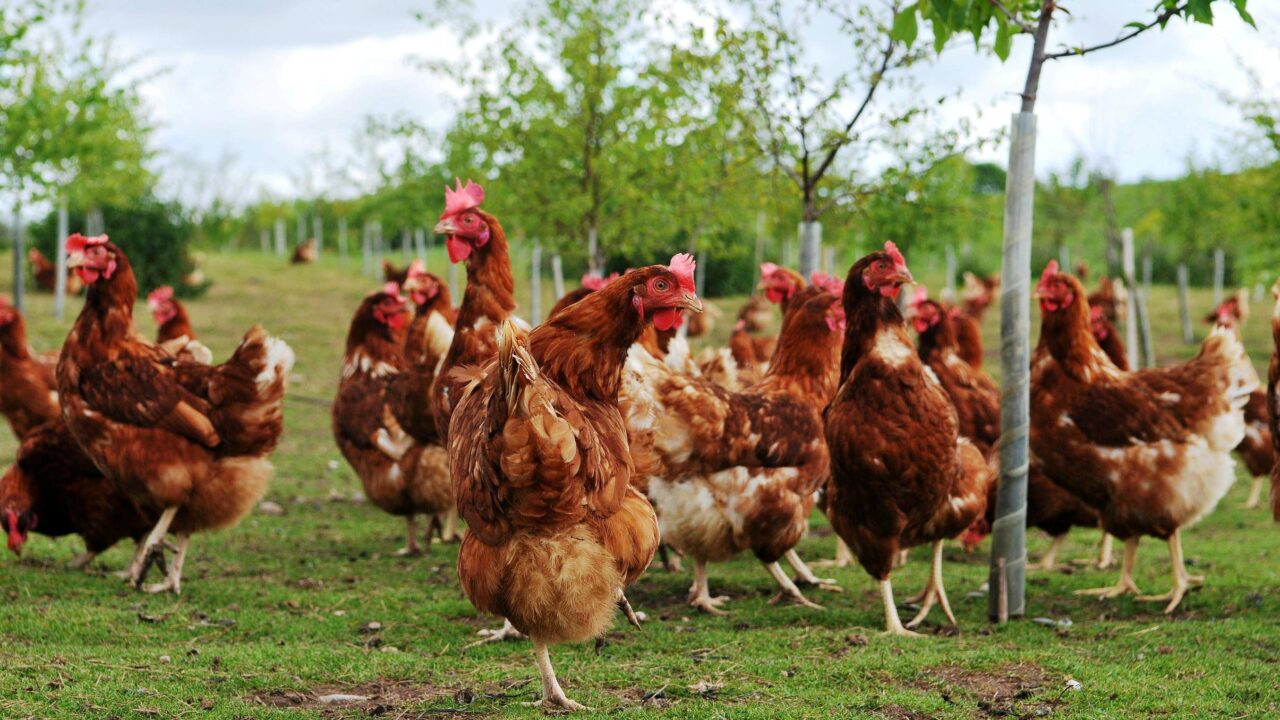When considering avian influenza (bird flu), I thought back to a group of virologists who recently reflected on the steps taken to get an effective vaccine over the line at the outset of Covid-19.
Their discussion took place courtesy of a recent, mid-afternoon programme on BBC Radio 4.
Most of the science referenced throughout the programme went over my head. But one point did resonate with me.
And it’s this: Scientists have come up with a way of fast-tracking the development of vaccines that can be used to target the entire panoply of viruses that are out there.
Following on from this, the following question arises: Why can’t this ‘new science’ be used to help farmers protect their livestock from the myriad viral diseases that are impacting so significantly on animal health levels across agriculture at the present time?
Bird flu
And, for me at least, the obvious – and immediate – disease candidate to take a look at in this regard is bird flu.
I keep hearing that the current variant of this virus is the most pathogenic to have ever reached these shores.
And, no doubt, this is true. But the more significant issue is the fact that bird flu has now become an annual headache/challenge for the Irish poultry industry.
The main source of the disease is wild birds coming to this part of the world as part of their winter migration. So stopping bird flu by, in some way, tackling its source, is a total non-starter.
Poultry industry
Meanwhile, Ireland is home to a poultry industry, which is a key contributor to the farming and food economy. If we let our guard down for one second, bird flu has the potential to wipe out this entire sector.
People may turn around and claim that locking birds up in sheds is the most effective way of minimising the exposure of birds to a disease threat. But such an approach puts a coach and horses through the principles associated with free range production.
Consumer demand for this class of egg continues to grow at an exponential rate. And let’s not forget about all those farm-based turkey operations, many of which manage their birds on a free range basis.
No, the only way of managing the bird flu threat is to come up with an appropriate suite of vaccines.
And if the government is not prepared to come up with the money required to fund the necessary research, I would strongly suggest that the likes of insurance companies and even farmers themselves should actively address such a proposition.
I am neither a virologist nor a veterinary surgeon. But it did concern me to learn that the current variant of the avian influenza virus is now circulating within our seagull population.
Correct me if I’m wrong, but aren’t these the birds that stay with us the year round?
